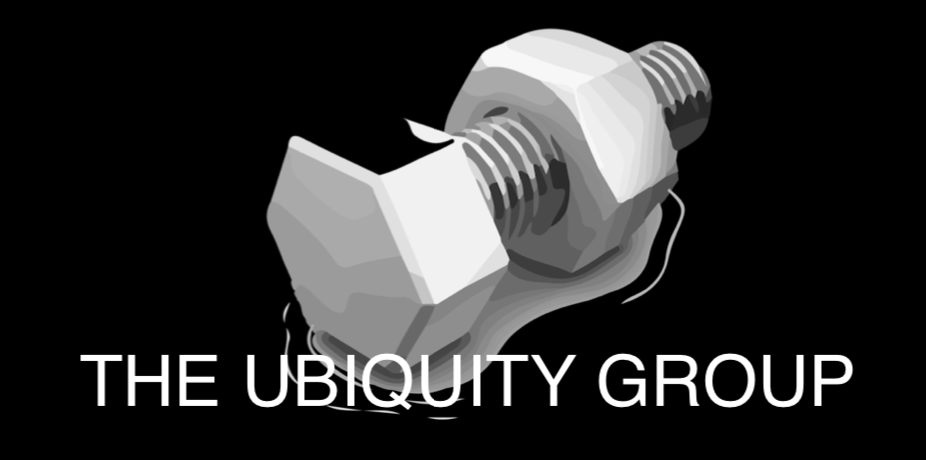Restaurant General Management Basics: The GM's Guide To Handling Everything
QUESTION FROM Erica in SC:
"New GM here and I read the article about how to spend time with the owner to get to know them and their philosophy and stuff but the owner is never around. I've been pretty much left to fend for myself and wondering which tasks I can or should delegate and how I can start delegating.
Do I just start randomly assigning everything that needs to be done or ask each person what they'd be comfortable doing?"
HH ANSWER:
The purpose of General Management is to maintain or increase consistency, quality, sales volume, profitability and hospitality in a clean and safe environment while developing people to do the same within their respective departments.
That being said, the first step in accomplishing this is to first break down the restaurant into 5 sections (I call pillars) and then choose a manager (or management candidate / shift lead) to help you follow, improve and/or develop systems that communicate ownership's desired goals and standards to ensure they are met or exceeded.
If you're just getting started, consider the 90/10 rule - i.e., and focus on the few main tasks that dictate how 90% of the business runs.
For most of us, thats:
Scheduling
Food Safety & Recipe Adherence
Cash Handling
Inventory, Ordering & Receiving
Opening & Closing Sidework
Of course, deciding which managers or shift leads you will delegate these responsibilities depends on how deep your bench is and whether or not you've been there long enough to assess the strengths, weaknesses and interests of your team. Ultimately, there’s no hrd and fast rule as to who you should delegate which tasks but I’ll discuss my own typical approach.
Although the General Manager is ultimately responsible for each and every department/pillar, the goal should be to GRADUALLY prepare each responsible party by 1. Communicating the why & how. 2. Showing them how you do it and then finally 3.Watching them do it. (This is the "Tell, Show, Do Method"). Sometimes this can be accomplished in a week or two and sometimes it takes months. Effective mentorship requires sticking with the process and continuing to coach / provide regular feedback every step of the way. Trust the process.
Mentoring the members of your staff who: have a positive attitude, arrive on-time, rarely call out, set a good example, often step-up and take pride in their work - to be managers or department leads is the best way to ensure very little slips through the cracks and that the business can operate in the General Manager's occasional absence.
Ensuring no one person is solely responsible for any one task frees the GM (and every other team member) to be human and make mistakes whether it’s not being aware of a problem or just snoozing re following-up on something. No one's perfect and anyone can miss a detail when there are so so many - but the odds that every manager misses the same thing on the same day are pretty high- so that's the ultimate goal: redundancy. i.e., the GM being ultimately responsible for everything but training and then delegating to other team members who, once displaying proficiency, can start to mentor/develop another...and so on.
Once the main tasks (that take up your time and prevent you from spending more time on the floor managing & mentoring the food, feel, flow and people in the restaurant; you can then begin to shore up The 5 Pillars of Effective General Management:
1.FINANCIAL MANAGEMENT:
This is a pillar that should be supported by the AGM and Executive Chef.
Elements:
-Prime Costs (via Pro Forma & P&L Reviews) Determine Profitability
-Transparent Systems
-Reviews & Accountability
-Track, Measure & Discuss Methods to Improve Prime Costs (i.e.,COGS & Labor)
-Reduce expenses by regularly reviewing inventory levels & costs
-Maintain standard operating procedures to effect universal accountability in all revenue centers and limit shrinkage
2.FOOD & BEVERAGE:
This is a pillar that should be supported by the Executive Chef, Sous Chef and Bev Director / Bar Manager.
Elements:
-Safe Food Handling
-Knife Skills / Responsible Equip Usage -Consistency & Quality
-Recipe Adherence
-Portion Control
-Expo / Plate Inspection
-Temps, Weights, Measures
-Tastings
-Proper Cleaning
-Temperature & Comm Logs
-Waste Logs
-Regular BOH Maintenance & Repairs
3.PEOPLE MANAGEMENT:
This is a pillar that should be supported by the Executive Chef, AGM, Sous Chef, FOH Managers and BOH Managers.
Elements:
-Sales Per Labor Hour
-Scheduling
-Guest & Staff Culture
-Handbooks & Training Guides
-One on One Meetings
-Regular Evaluations Scheduling
-Licensing & Certifications
-Table Touches
-Communication Log
-Sight Lines & Awareness
-Daily Hospitality Training / Coaching
-Pre-Shift & Entire Staff Meetings
4.FACILITY MANAGEMENT:
This is a pillar that should be supported by the AGM, Sous Chef, 1 FOH Manager and 1 BOH Manager.
Elements:
-Safety / MSDS
-Maintenance & Repair
-Needed / Suggested Updates
-Daily Walk-Thrus
-Sight Lines
-Communication Log
-Incident Reporting Procedure & Forms
-Inspections
-Cleaning Schedules & Contracts -Painting
-Lighting
-HVAC
-Music
-Zone by Zone Efficiency
5.MARKETING & ADVERTISING
This pillar should be supported by 1 FOH Manager and Owner or Owner's Third Party Agent(s) .
Elements:
-PR / Social Media
-Website / Google My Business
-Phone
-Staff Relations
-Inside the 4 Walls Advertising
-Outside the 4 Walls Advertising
-Contests & Promotions
-Cross Promotions
-Gift Cards
-Events & Catering
-CRM
-Printing & Signage
-Uniforms
-Visibility / Egress, Ingress & Parking
-Take Out & Delivery
There are lots of related articles here in the Library as well as easy reads under “Additional Resources”. If you don't find everything you're looking for, please don't hesitate to reach out directly with any specific questions. Hope that’s helpful.
Regards,
Josh Sapienza | Managing Partner
UbiquityAdvisors.com & Paire.io: The Dating App For Your Taste Buds

